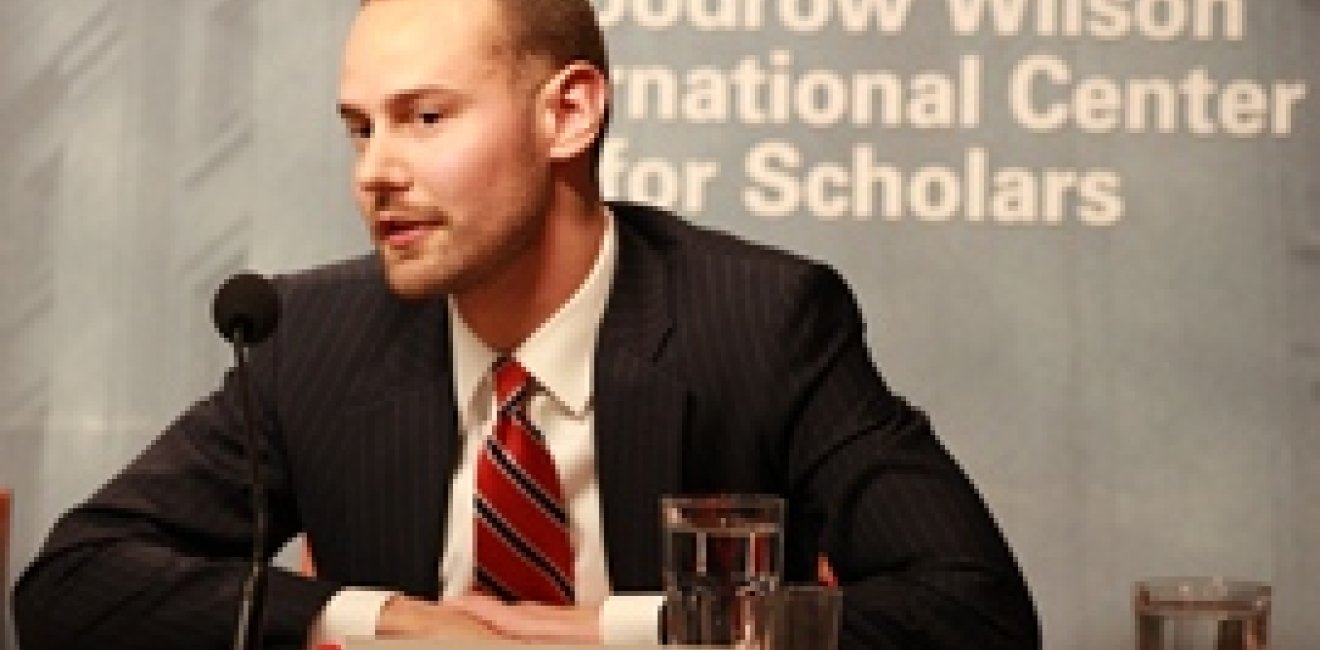"After years as Eurasia's energy bully, Russia's state-controlled natural gas monopoly, Gazprom, is getting a taste of its own medicine," stated Alexandros Petersen in an article published by Foreign Policy earlier this week. According to Petersen, the shift in demand for natural gas throughout Europe, combined with persistent low prices, has caused the Russian giant to reconsider its marketing and pricing strategies. Now that the tables have turned, European countries, heavily dependent on Russian energy, have greater bargain power, and have been able to negotiate lower natural gas prices.
The full text of Petersen's article Russia's Energy Bully Takes a Fall can be downloaded here.
Alexandros Petersen is an advisor to the Wilson Center's European Energy Security Initiative and the author of The World Island: Eurasian Geopolitics and the Fate of the West.






